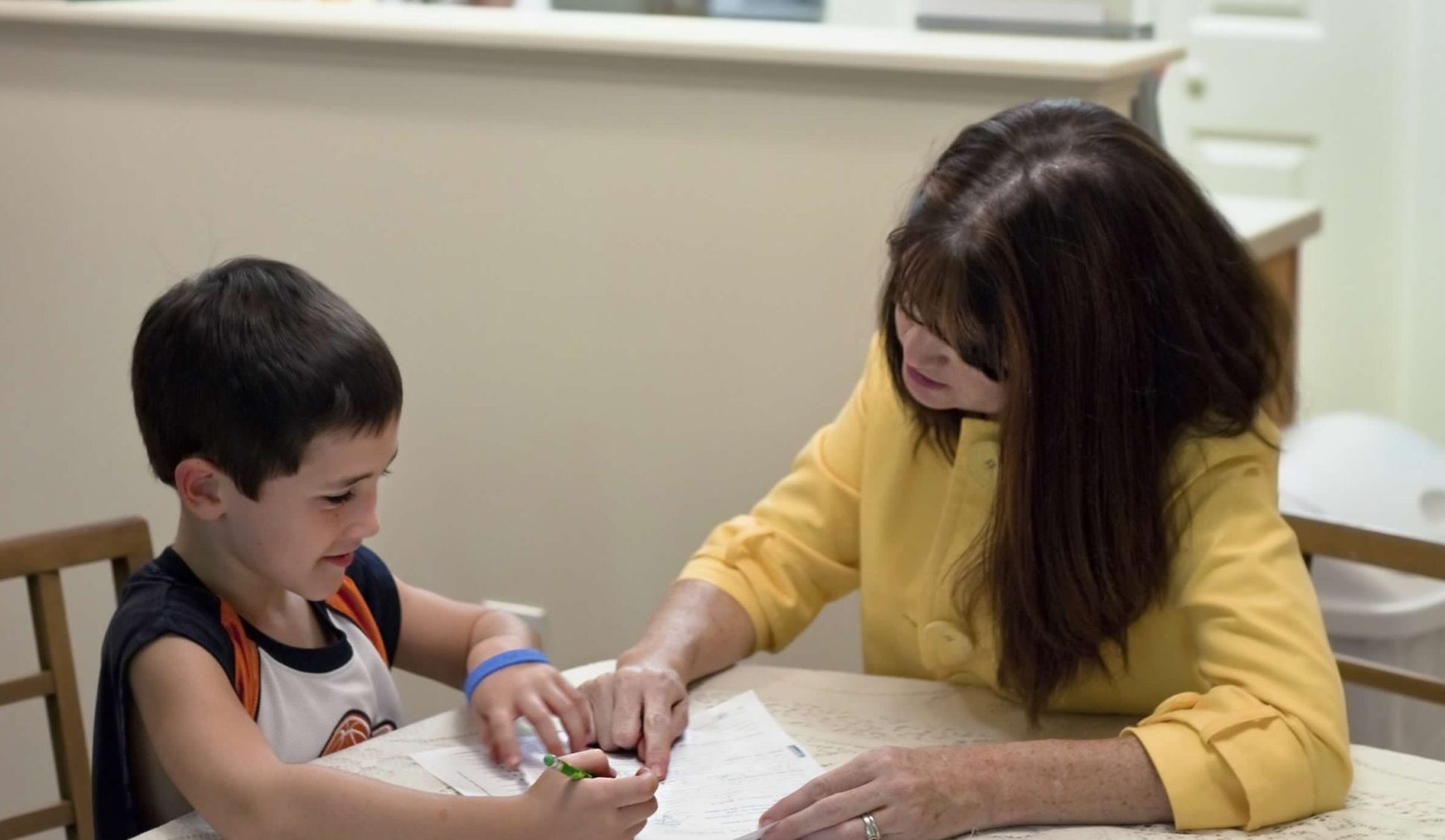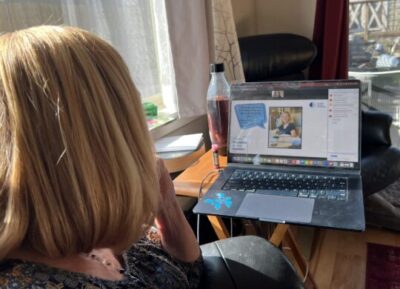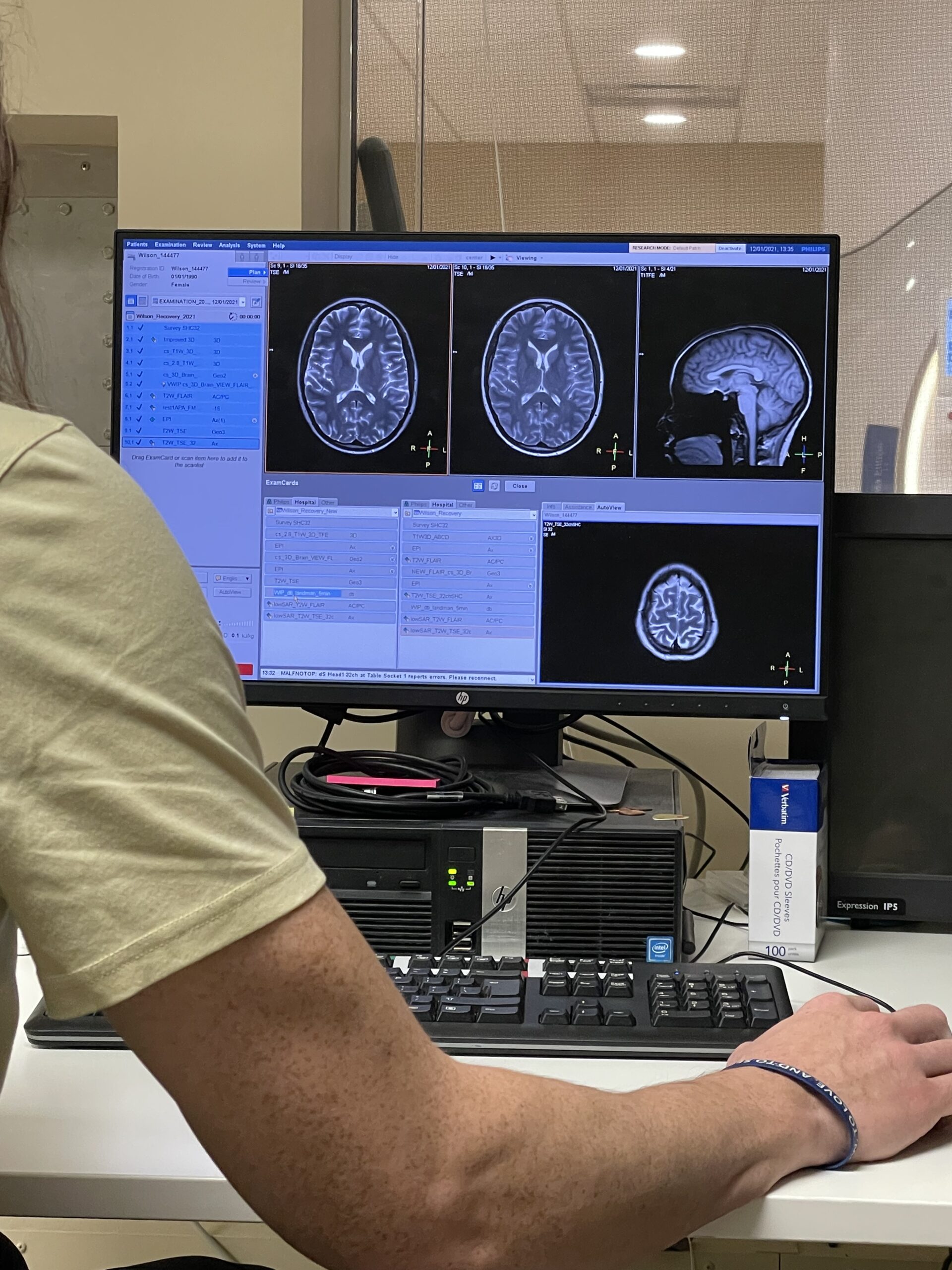Augmentative and Alternative Communication (AAC)
AAC stands for Augmentative and Alternative Communication. It includes tools that help people express themselves when speaking is hard. These tools can be “low-tech” (i.e. notebooks, picture boards, etc.) or more tech-y such as apps on your phone/tablet, text to speech apps)
AAC does not “fix” aphasia. It is not a cure. But for many people, it can help you get your message across when words are hard to find. All tools should be personalized for the individual needs of the person with aphasia, their particular aphasia journey and the communication needs that they have in their life. It’s also important to understand that those needs change and adaptability is vital.
Use of AAC tools can support a person’s independence, reduce frustration and give more control in conversations. Be sure to work with your speech language pathologist and/or aphasia center/program to assist you in making these tools right for you.
- Text-to-speech tools
- AAC (Augmentative and Alternative Communication) apps
- Picture dictionaries
Language Practice
- Practice books
- Word-finding games
- AAC (Augmentative and Alternative Communication) apps
- Repetition-based speech exercises
Everyday Tools
- Voice assistants (e.g., Siri, Google Assistant)
- Picture-based scheduling or reminder apps
- Note-taking and drawing tools
Video-Based/Teletherapy Platforms
- Apps that allow remote sessions with speech therapists
- Platforms offering on-demand exercises guided by experts



